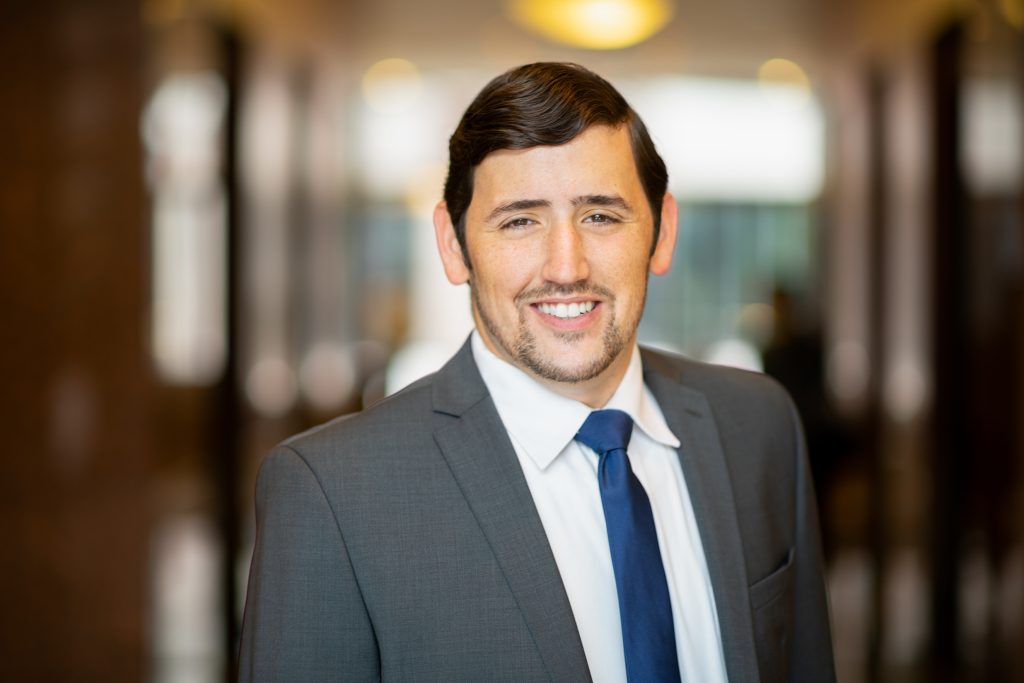Overview
Christopher L. Lewis’s practice focuses on representing clients in intellectual property disputes involving patents, trademarks, and trade secrets. He has experience in the medical device, software, and robotics areas.
Christopher graduated cum laude from Clemson University, receiving a Bachelor’s Degree in Electrical Engineering with a Minor in Mathematics. While an undergraduate, Christopher interned at a nuclear power plant for a Fortune 500 power holding company. His undergraduate thesis focused on implementing new hardware and software for a robotic elephant trunk.
Christopher received his J.D. from Wake Forest University where he was a member of the Wake Forest Journal of Business and Intellectual Property Law. While at Wake Forest, Christopher worked as a research librarian and volunteered at the local expungement clinic.
Christopher worked as a summer associate at the firm in 2018 and joined the firm in 2019.
Education
- Clemson University (B.S. Electrical Engineering, 2016), General Honors, Departmental Honors, Cum Laude
- Wake Forest University School of Law (J.D., 2019), Cum Laude
Recognition
Awards & Honors
- Recognized as a “Washington D.C. Super Lawyer” by Super Lawyers magazine for his intellectual property litigation practice (2023-2025)
News & Insights
Articles
Author, “From The Triple Option to the Hurry-Up No-Huddle: How Name, Image, and Likeness Policies Are Changing the Game for Universities,” The Trademark Lawyer Magazine (Issue 5, 2021)
Comment: How the Actions of Kyle Bass Have Forced the USPTO to Expand the Duty of Candor and Good Faith (19 Wake Forest J. Bus. & Intell. Prop. L. 11)
Litigation Blog
- Judicial Review: The PTAB Must Offer Reasonably Discernible Logic
- Medtronic Completes Acquisition of Cardiac Mapping Company Affera
- Somebody’s Wrong: PTAB Must Resolve Conflicting Factual Testimony During IPR
- No Standing for Second Bite at the Apple
- Corresponding Structure Snafu: Lack of Algorithm Renders Claims Indefinite
- Claims to Printed Matter Are Patent-Ineligible Only if They Lack an Inventive Concept
- Preliminary Injunction Denied Because of Failure to Draft Precise Terms That Capture the Intent of the Parties
- The Disclosure-Dedication Doctrine Applies Even When Disclosure Relates to a Different, Unclaimed Embodiment
- Claims Including Computer Speed and Efficiency Improvements May Still Be Ineligible Under Section 101
Medical Device Blog
- Venture Capitalist Funding in Medtech Increasing
- Pfizer Australia Announces Deal to Acquire ResApp Health
- Bioventus’ Shareholders Approve Acquisition of Misonix
- Balancing Intellectual Property (IP) Interests With National Interest in Response to the Coronavirus
- Supreme Court Upholds, but Limits, Patent Infringement Defense of “Assignor Estoppel”
